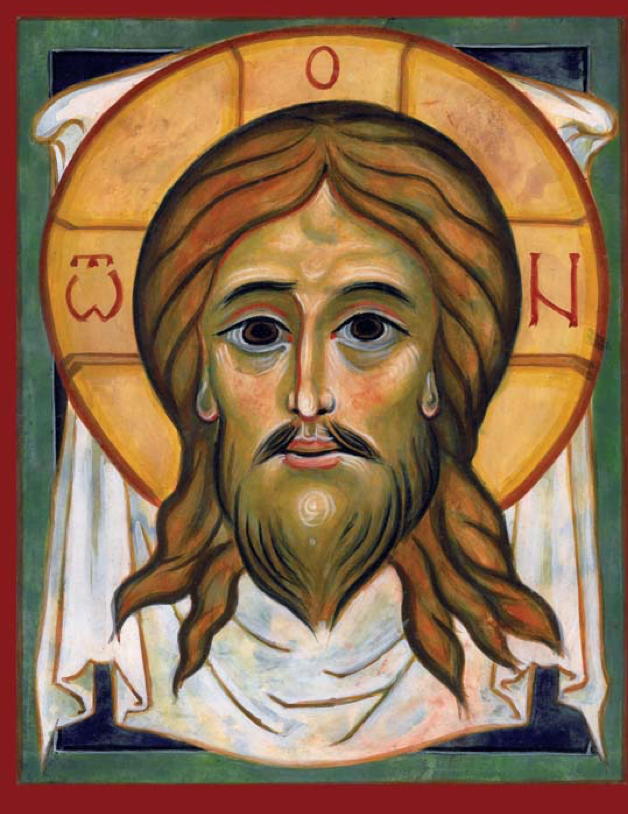SAC 530 Introduction to Sculpting the Figure (3 credits; 12.8 CEUs)
Class
As an Introduction to Sculpting the Figure, we will work from 6 poses with a model and casted references. The human figure will be featured, to teach concepts of proportion, balance, gesture, anatomy and structure. The benefit of studying sculpture, gives an understanding of 3-dimentional form, space, and volume.
Introduction To Sculpting The Figure
.

.
MORE INFORMATION BELOW
.
In our class, we will complete 6 poses from a model, three full figure, one torso and one portrait, with additional assignments to include sculpting Facial Features (Eyes, Ear, Nose, Mouth). The final assignment will offer the opportunity to be more creative and to decide on personal references. Some of these assignments will have the option to preserve and save the artwork, while some of these are intended to be exercises that will be torn down before the start of the next pose. The figure will be featured, to teach concepts of proportion, balance, gesture, anatomy and structure. The benefit of studying sculpture, gives an understanding of 3-dimentional form, space, and volume.
COURSE OBJECTIVES:
By the end of this course the students will be able to create a sculpture of the human figure, in full figure, torso, and portrait.
If you are looking to enroll in the Masters degree in Sacred Arts please complete the application and we will contact you shortly.
If you are a professor interested in joining our faculty or an institution interested in partnering please email our Provost: dclayton@pontifex.university
If you would like to Audit this course, then Contact Us here.
Here is the class outline:
1. Lesson 1: Setting Up and Building the ArmatureIntroduction: Lesson 1 |
2. Lesson 2: The Geometric Figure (Part 1 of 2)Lesson 2 |
3. Lesson 3: The Geometric Figure (Part 2 of 2)Lesson 3 |
4. Lesson 4: Neutral Standing Figure (Part 1 of 2)Lesson 4 |
5. Lesson 5: Neutral Standing Figure (Part 2 of 2)Lesson 5 |
6. Lesson 6: The Contrapposto Pose (Part 1 of 3)Lesson 6 |
7. Lesson 7: The Contrapposto Pose, Part 2 of 3Lesson 7 |
8. Lesson 8: The Contrapposto Pose, Part 3 of 3Lesson 8 |
9. Lesson 9: The Female Torso, Part 1 of 2Lesson 9 |
10. Lesson 10: The Female Torso, Part 2 of 2Lesson 10 |
11. Lesson 11: The Portrait, Part 1 of 3Lesson 11 |
12. Lesson 12: The Portrait, Part 2 of 3Lesson 12 |
13. Lesson 13: The Portrait, Part 3 of 3Lesson 13 |
14. Lesson 14: The Sacred Study (Part 1 of 2)Lesson 14 |
15. Lesson 15: The Sacred Study (Part 2 of 2)Lesson 15 |




